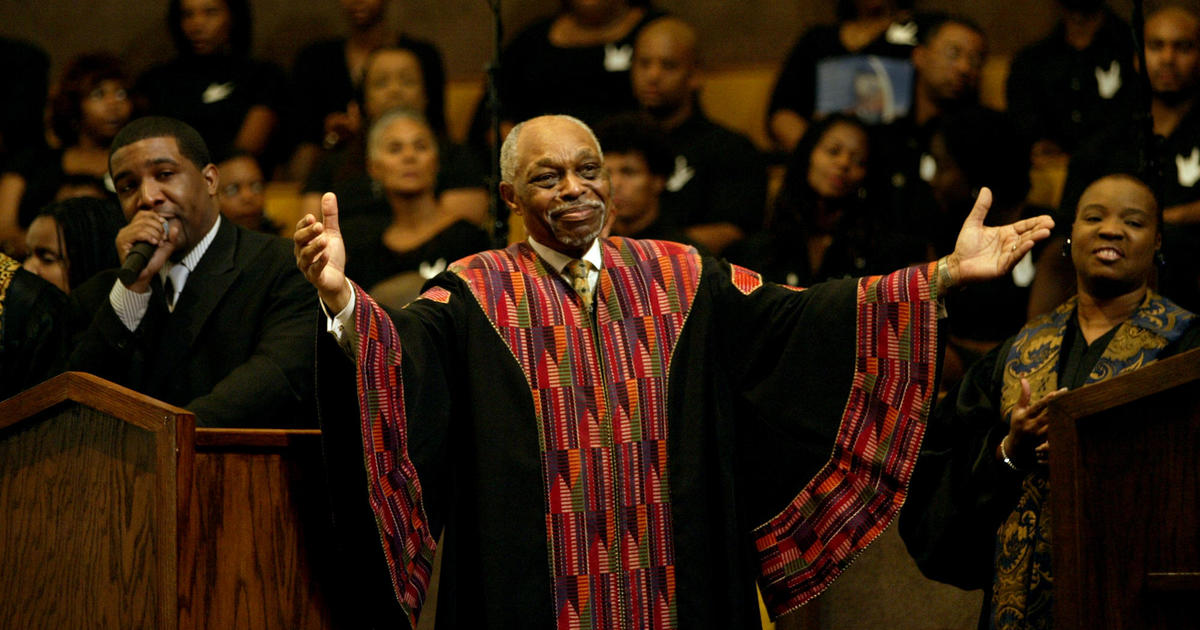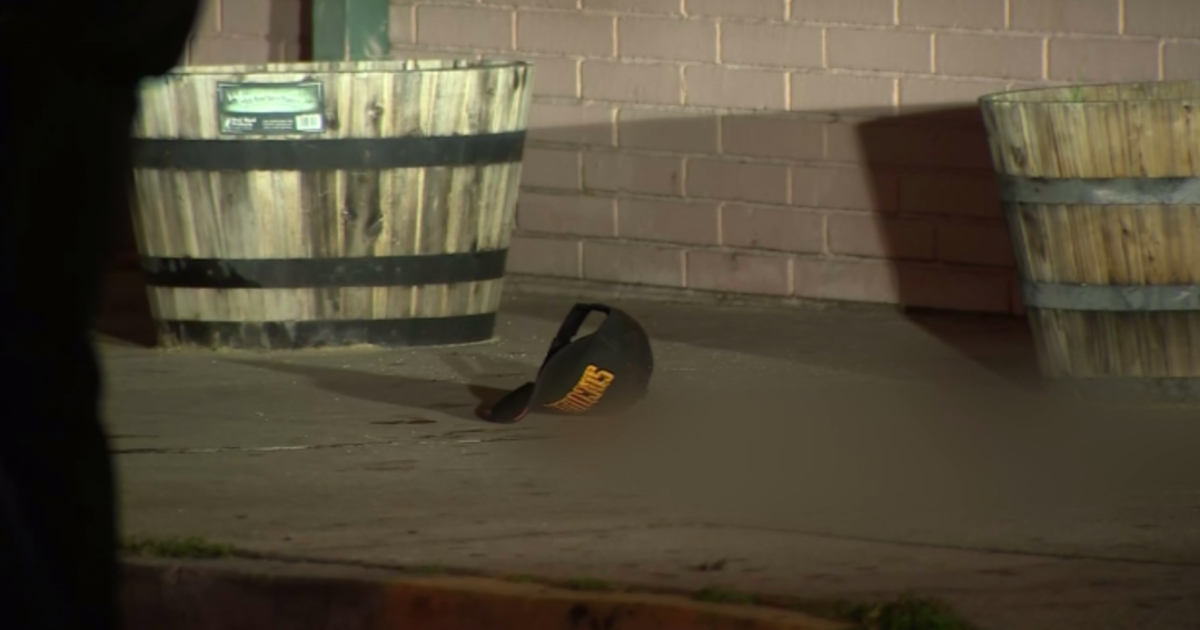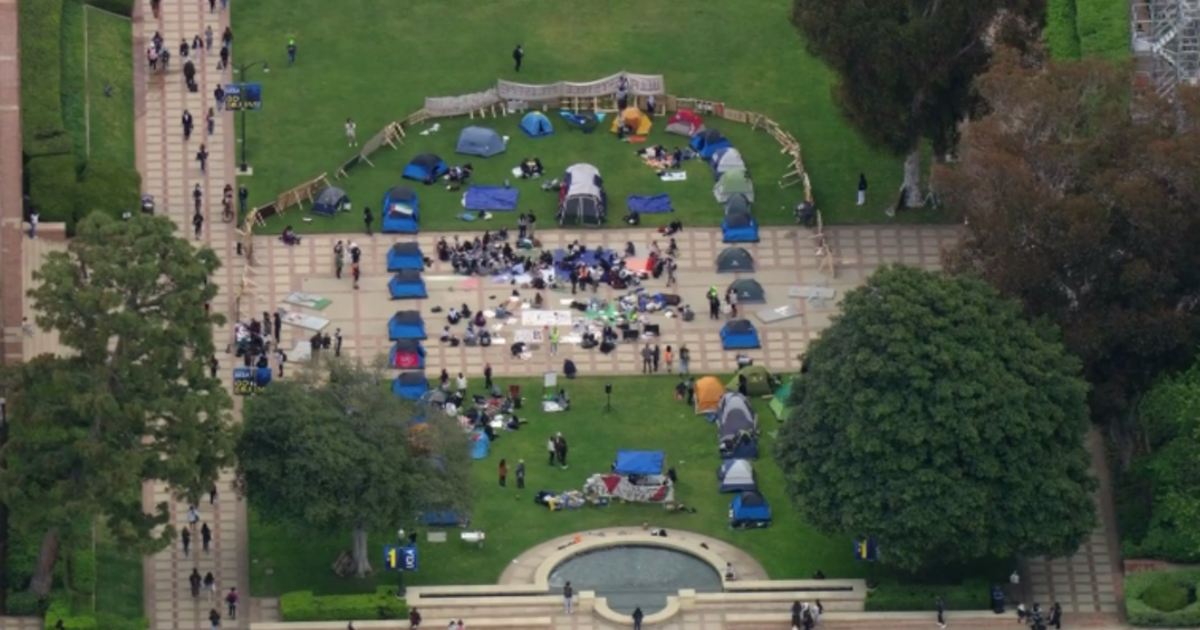UCLA Unveils Revolutionary Infectious Disease Lab
LOS ANGELES (CBS) — UCLA officials Friday celebrated the opening of a first-of-its-kind infectious disease lab capable of rapidly testing high volumes of disease samples.
The $32 million lab will dramatically increase the speed of receiving, testing and analyzing samples by automating much of the process, much like the way pharmaceutical companies test drugs, according to the university.
"This has been a project long in the making, six years for identifying what it might look like, to finding funding sources," according to Dr. Linda Rosenstock, dean of the UCLA School of Public Health. "This is a celebration of people's big ideas. A lot of people were invested in thinking how best to do it. People are feeling very congratulatory about it."
KNX 1070 Reports
Podcast
Rosenstock said the 6,000-square-foot "Global Bio Lab" will be a go-to testing facility for federal, state and local governments during "surge modes," when quick detection of diseases is critical to halting their spread.
U.S. House Minority Leader Nancy Pelosi, D-San Francisco, and Rep. Henry Waxman, D-Los Angeles, were among those attending the opening of the lab.
Rosenstock said both were instrumental in securing about $23 million of federal funding for the project, which is still being deployed.
"Investments in UCLA's Global Bio Lab are an investment in our nation -- in our public health, homeland security, science and innovation," Pelosi said. "We know that the security of our country starts with the health of our people, and this lab will enable us to respond quickly, immediately and effectively to health emergencies, pandemics and bioterrorist attacks."
The state gave the university about $9 million of additional funding for the project.
"This lab uses a lot of tailoring to work in sequence, to get samples in, take out sections, analyze it and store some of the sample," Rosenstock said.
She said the lab will initially be used as a standard academic research facility to analyze influenza symptoms. About three to four researchers will use it during low demand times. During emergencies, the lab might be staffed by as many as 12 people.
(©2011 CBS Local Media, a division of CBS Radio Inc. All Rights Reserved. This material may not be published, broadcast, rewritten, or redistributed. Wire services contributed to this report.)



